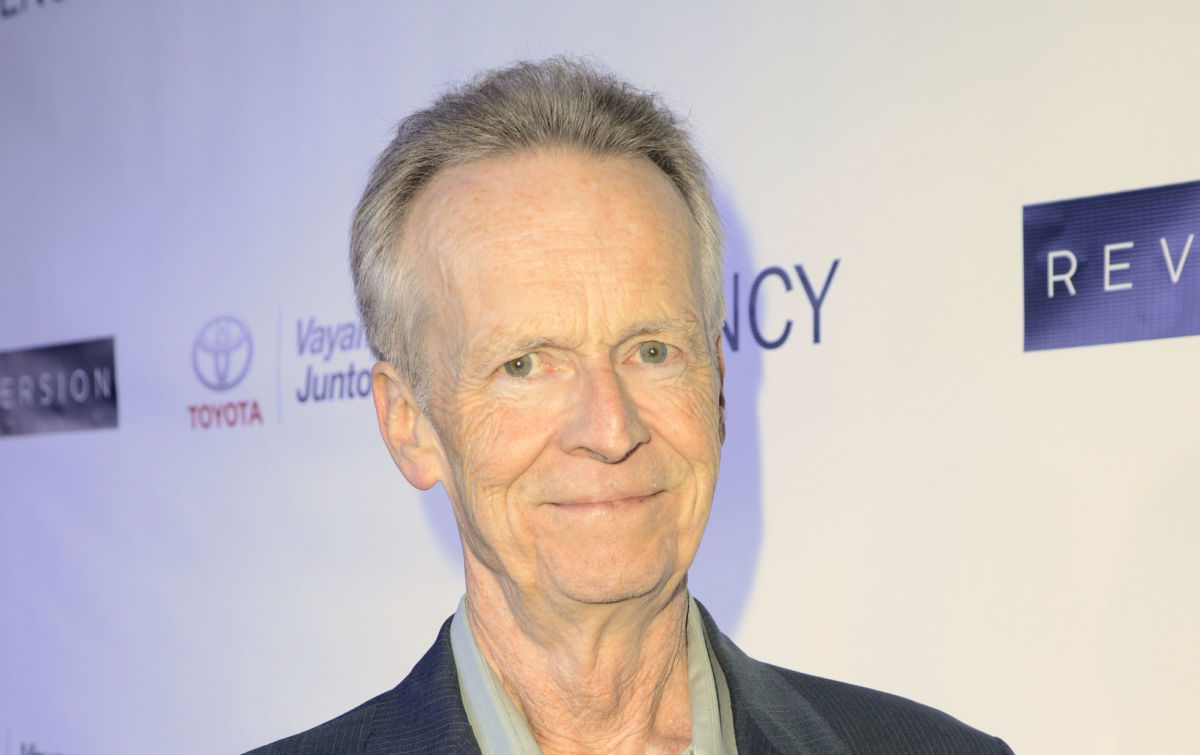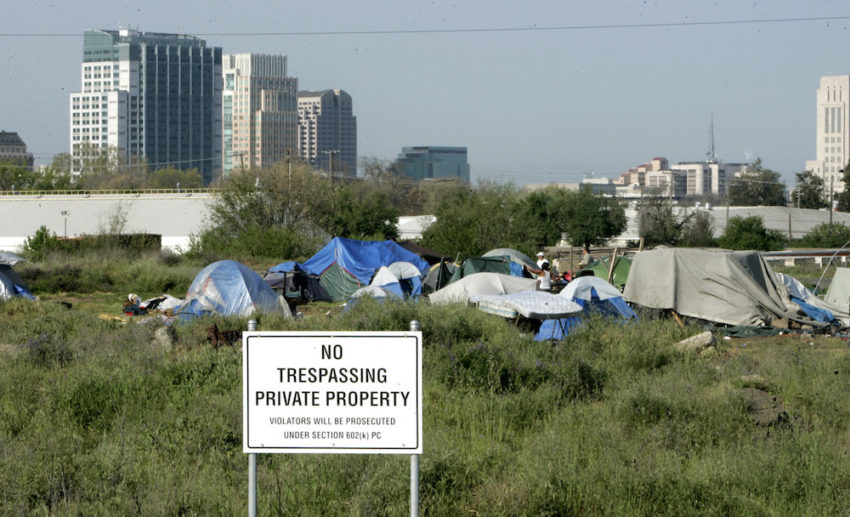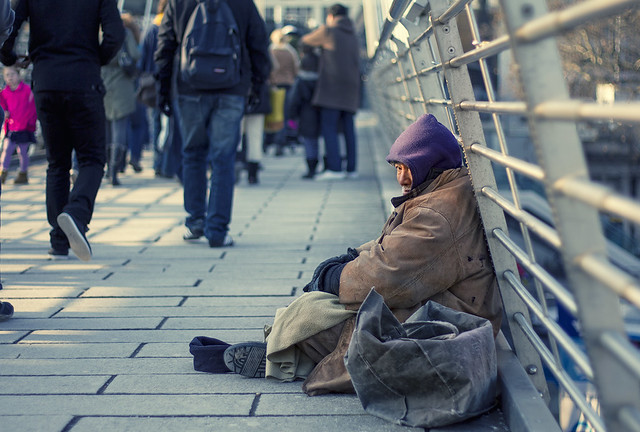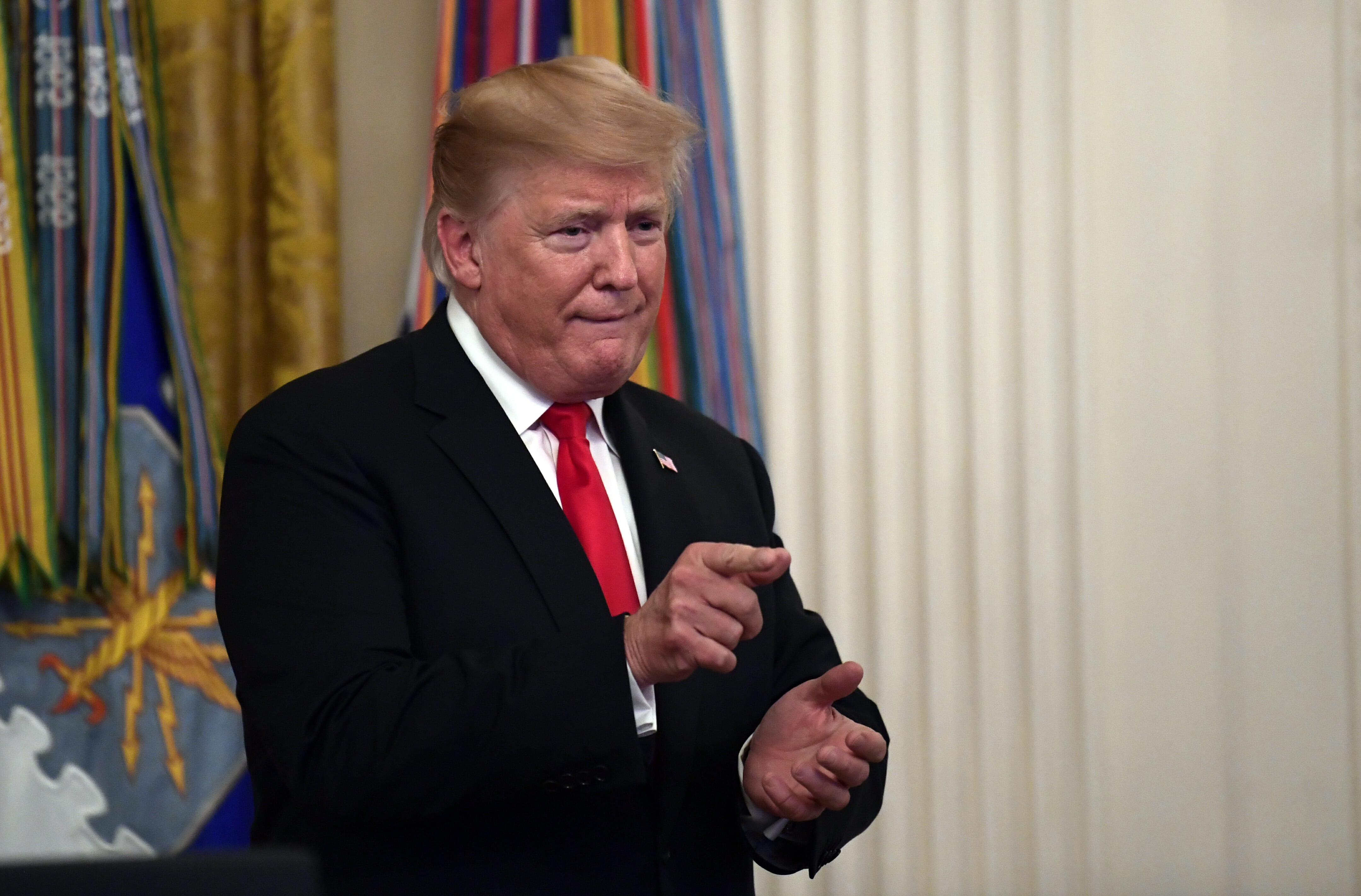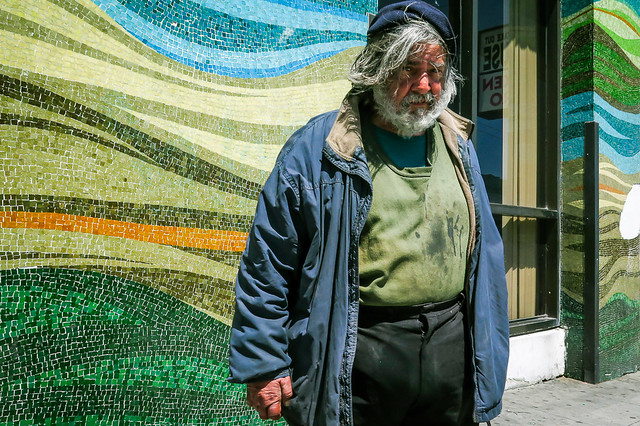I’m a Hollywood Actor. I Support BDS. Will I Be Blacklisted?
As actors age in Hollywood, they find fewer and fewer opportunities to earn a living, even those in the most privileged category: white males like me.
So a reader’s comment I came across below a recent article about me in the Jewish Journal of Los Angeles captured my full, survival-mode attention. The comment was from a veteran Hollywood producer, Howard Rosenman, whose most recent credit is Call Me by Your Name, a film that earned four Academy Award nominations and won the 2018 Oscar for Best Adapted Screenplay.
The Jewish Journal article was titled “Actor Declines Netflix Audition Because of Israeli Producing Affiliation.” The article reported on my recent decision to honor the cultural boycott of Israel for Palestinian rights.
Rosenman’s comment below the story was brief and pointed:
So David Clennon wants to play that game? Two can play that game. I will NEVER work with that asshole David Clenon [sic] & I’ll get all my Jewish Producer friends as well.
A successful Hollywood producer is threatening to initiate a new blacklist against one somewhat successful but slightly washed-up actor: me. How did we get here?
My Previous Truthout Article
Several weeks ago, I was given the opportunity to audition for a new Netflix series, originally titled “Hit and Run,” now with the working title “Sycamore.” I was intrigued by the role and anxious for employment, so I set to work learning the audition scenes.
But I soon discovered that “Hit and Run”/“Sycamore” was an international co-production, a joint project of U.S. and Israeli television companies.
Since the Israeli massacre of 2,200 residents of Gaza in 2014, I have supported the Academic and Cultural Boycott of Israel under the larger umbrella of the Boycott, Divestment and Sanctions (BDS) movement. But I wasn’t sure whether U.S.-Israeli television co-productions should be included among cultural enterprises that socially conscious artists ought to reject. (I’m used to thinking in terms of professors or musical artists refusing to lecture or perform in Israeli venues.)
I consulted with a friend in the Los Angeles chapter of Jewish Voice for Peace. She confirmed that, yes, this is a different type of cultural venture but one we should also boycott.
I informed my agents that I would not submit an audition video.
I also decided to make a public statement about my boycott action. Going public would likely offend many powerful Hollywood decision-makers, but I thought it would be worthwhile to try to generate a discussion within our industry of BDS in general and the cultural boycott in particular.
After my story was published on Truthout, I didn’t know what to expect. What I least expected was that the story would be picked up by any commercial news outlets. But within 24 hours, I heard about stories in the U.K.’s Daily Mail, Deadline Hollywood, The Hollywood Reporter, The Jerusalem Post and the Jewish Journal of Los Angeles.
Except for the Jewish Journal and Deadline Hollywood, the articles were neutral or even slightly sympathetic. However, the comments posted by readers were overwhelmingly hostile. In their rush to vilify, the commenters did not address the cultural boycott, or my support of it. Instead, they consistently resorted to personal attacks, alleging that I was an anti-Semite, a loser and a publicity hound.
Criticizing Israeli Human Rights Abuses Is Not Anti-Semitism
This allegation is yet another example of how the charge of “anti-Semitism” has been widely employed by defenders of Israel’s expansionism and its crimes against the Palestinian people. Legitimate criticism of Israel has been strategically and unfairly labeled “anti-Semitism,” often drawing attention away from the many very real instances of actual anti-Semitism that exist in this age of rising white nationalism.
Many Jewish critics of Israel have argued that Israel is not a righteous embodiment of the Jewish faith and of Jewish tradition, and that it cannot rightfully stand as the single nation representing the entire international Jewish community. A state founded upon multiple acts of violent ethnic cleansing and maintained by a system of racial apartheid stands as a moral contradiction to centuries of Jewish theological reflection and ethical reasoning.
Both Jews and non-Jews worldwide are justified in questioning the behavior of the Israeli state, and doing so does not constitute anti-Semitism. The Palestinian people are entitled to every right enumerated in the Universal Declaration of Human Rights, proclaimed by the United Nations in 1948. Moreover, the Palestinian people should be allowed to call upon the world community to boycott Israel in order to pressure the government to change its ways.
Facing the Threat of a Contemporary Blacklist
Because of my participation in the BDS movement, I have had to face the possibility that my career as an actor was in serious jeopardy, especially in light of Rosenman’s unambiguous threat and dozens of menacing troll-slurs in Deadline Hollywood.
The kind of formal, well-publicized blacklist of the 1940s, ‘50s and early ‘60s may never occur again. The practice got a bad name. Any contemporary blacklist is likely to be subtler. In 21st century Hollywood, dissidents may never know for sure if they’re being blacklisted. And it would be unwise to dismiss the possibility of some new form of coordinated blackballing. In Hollywood, Zionism could be as powerful a motivating ideology as anti-communism was in the 1940s and ‘50s.
So far, my own fears of being blacklisted, in any obvious way, have not been realized. My agents have stuck by me. So far, casting directors have accepted me into the audition process.
So far, producer Rosenman has not publicly declared that “all of my Jewish Producer friends” have in fact joined him in openly proclaiming that they too will “NEVER work with that asshole David Clenon [sic].”
It will be interesting to see if any of my auditions result in my being hired — to see if the decision-makers in the echelons above agents and casting directors determine that I’m fit to work in their productions.
The Larger Issue: What Is to Be Done?
But there is a question of much greater importance than one actor’s future prospects: Will the cultural boycott have a place in Hollywood?
Hollywood has had a love affair with Israel since at least 1960, when United Artists released Exodus, starring the late Paul Newman. Fictional Zionism, the compelling mythology surrounding the foundation of the Israeli state, has had an iron grip on the hearts and minds of Hollywood ever since.
Two years after Exodus, Columbia Pictures released Lawrence of Arabia. That film did not touch on the politics of Palestine, but it portrayed Arabs as almost uniformly uncivilized, violent, ruthless and needing the guidance of white father-figures like T.E. Lawrence.
After seeing these popular Hollywood epics, anyone, particularly of my generation, who thought about the Arab-Israeli conflict would be inclined to view Israelis sympathetically and respectfully, while assuming that Palestinians, portrayed like other Arabs, were unable to govern themselves, and thus fit for dispossession and subjugation. (Hollywood’s portrayals of Native Americans displayed troubling similarities.)
More recently, the ties that bind U.S. and Israeli entertainment enterprises seem to be getting tighter, even as the grip of the influential American Israel Public Affairs Committee is, very gradually, slipping over the hearts and minds of American politicians. As the mask of democracy slips from the face of the Israeli state, it seems some in Hollywood are joining forces with Tel Aviv to repair Israel’s image.
There is no better time, no more important time, for creative people in Hollywood to say “No” and join the wider cultural boycott. My home state of California is one of 26 states to pass measures to penalize certain BDS activities, including the blacklisting of contractors who boycott Israel. That legal restriction on free speech, and the pressure that spawned it needs to be challenged, especially in the arena of mass entertainment.
The more we in the entertainment community foster outspoken dissent from Hollywood’s reflexive defense of the Israeli state, the harder it will be to penalize the dissidents by initiating a new version of the blacklist.
Will Hollywood progressives step up for human rights? Will they stand up against racism and apartheid in Israel? Will they stand up for themselves?
Or will the specter of a new list of undesirable unemployables scare them off?
